
In recent years, a number of studies have challenged that assumption, finding that natural gas production, transportation and storage results in major leaks of methane to the atmosphere that erode or nullify the climate benefits of shifting to natural gas. These findings should lead policymakers to reject natural gas as a “bridge fuel” and instead lead them to redouble America’s efforts to repower with truly clean energy from the sun, the wind and other renewable sources of energy.
View this complete post...











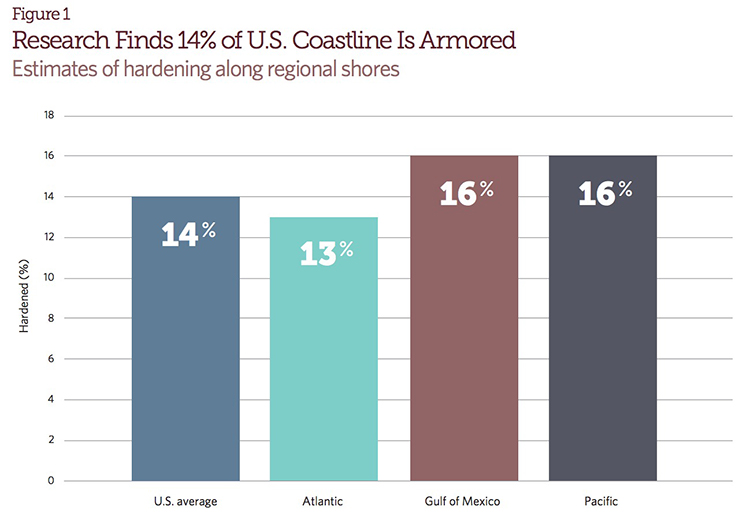
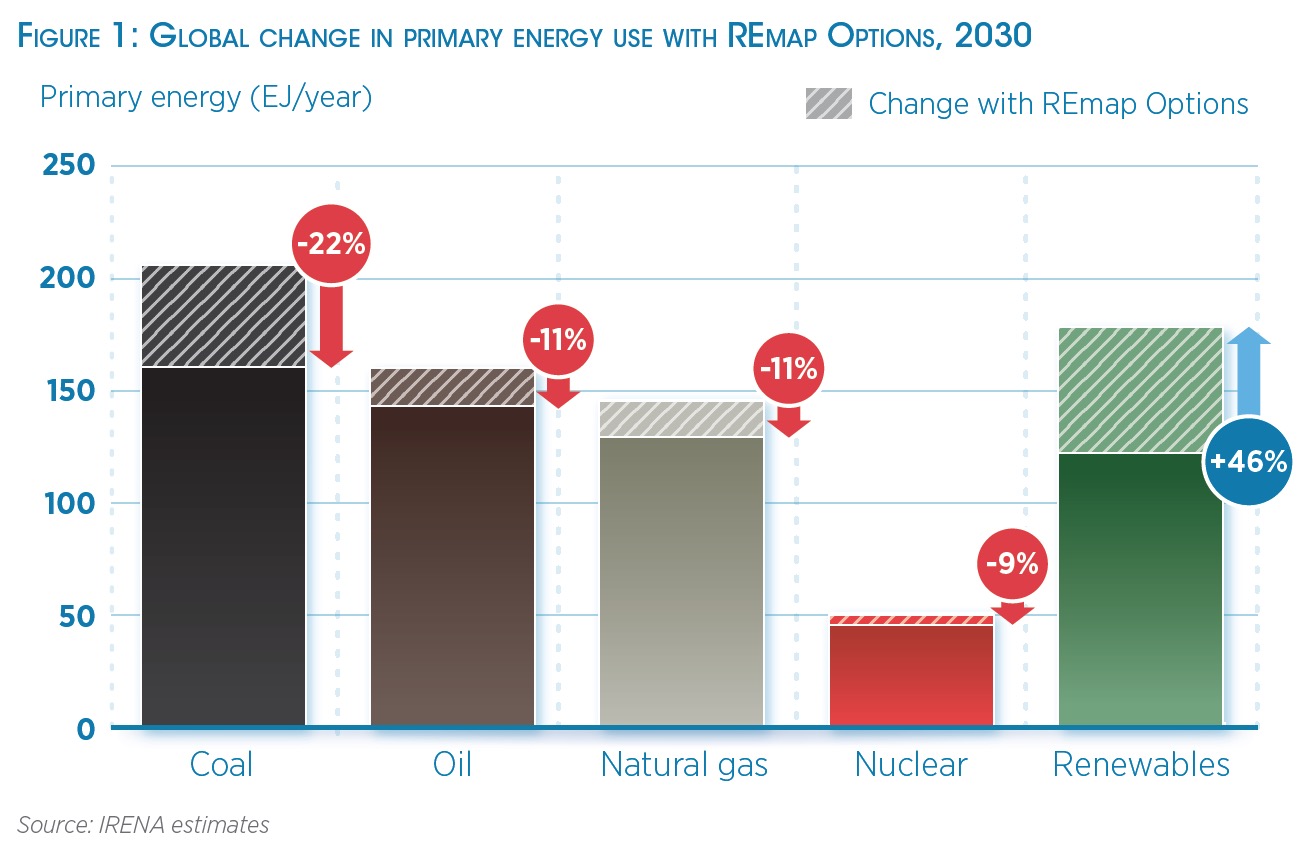
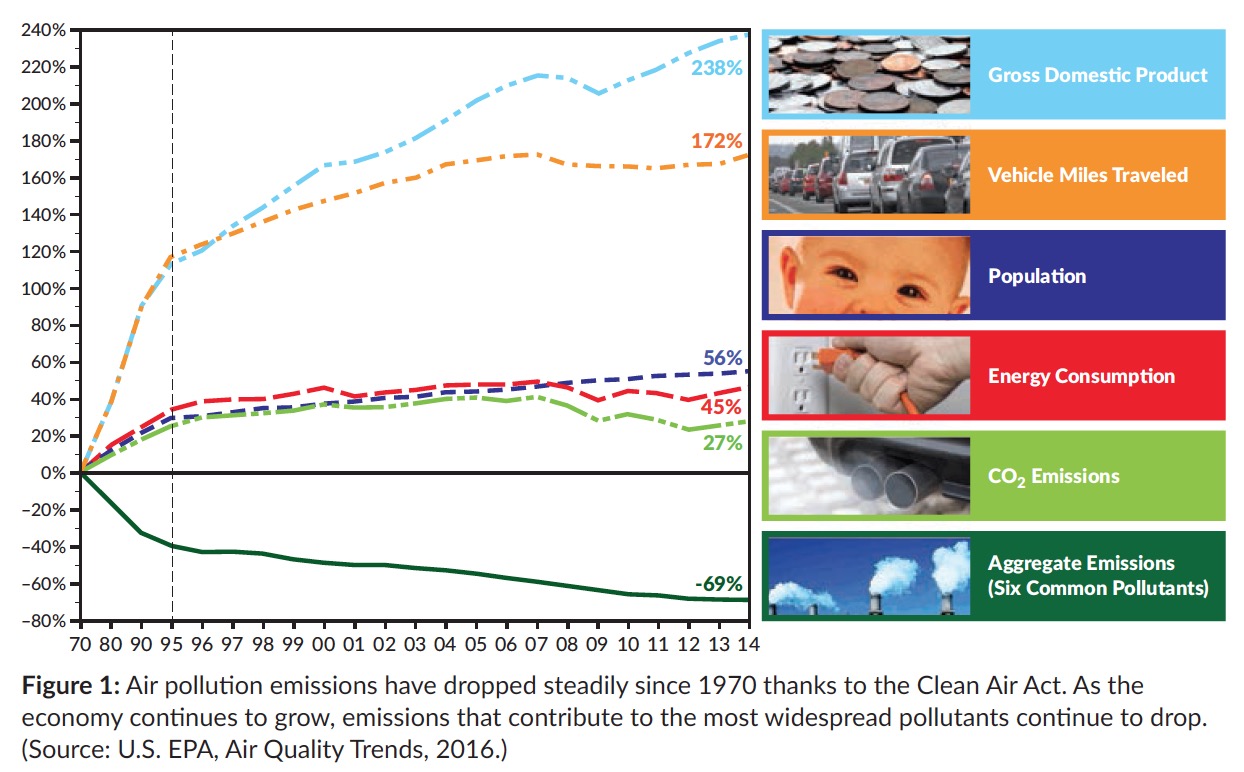
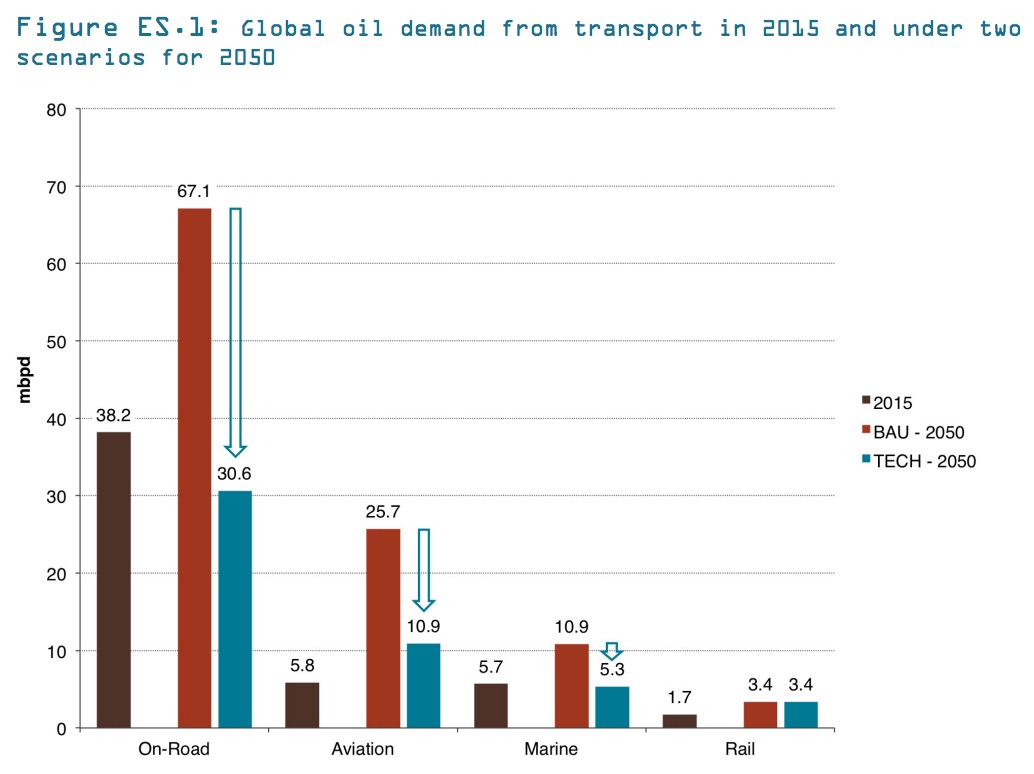
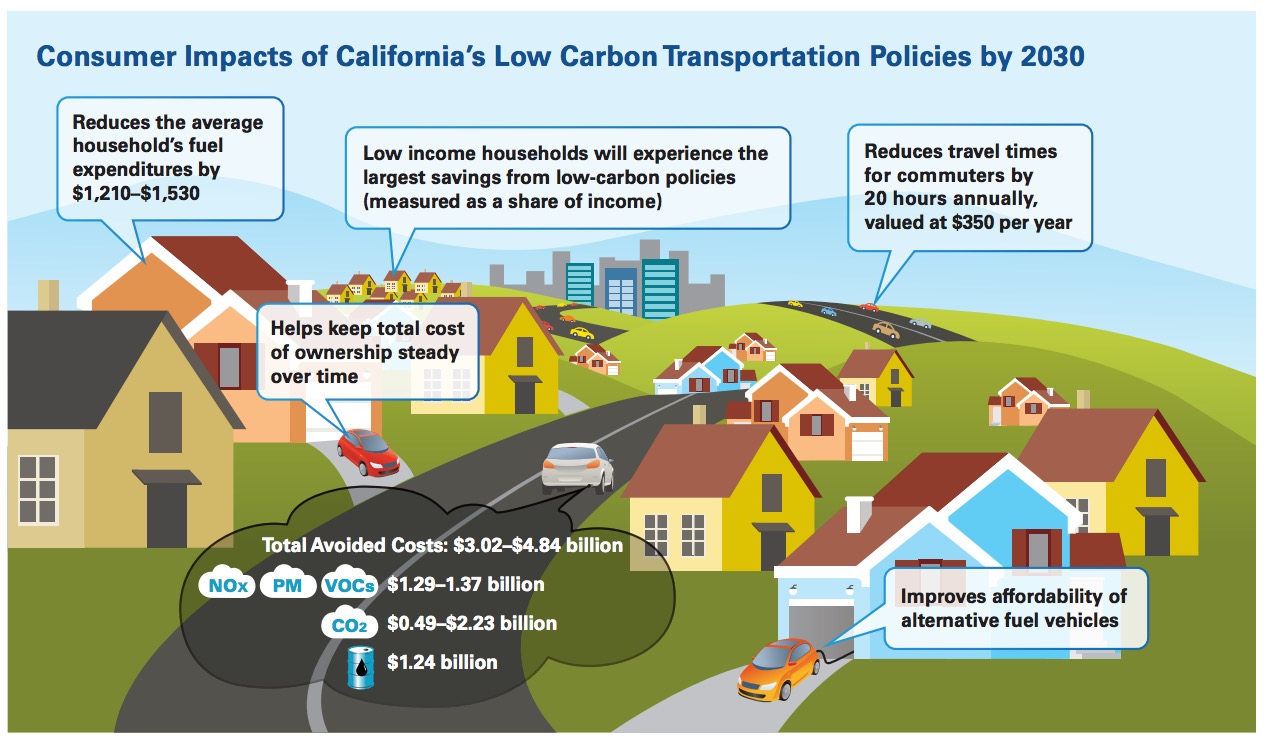
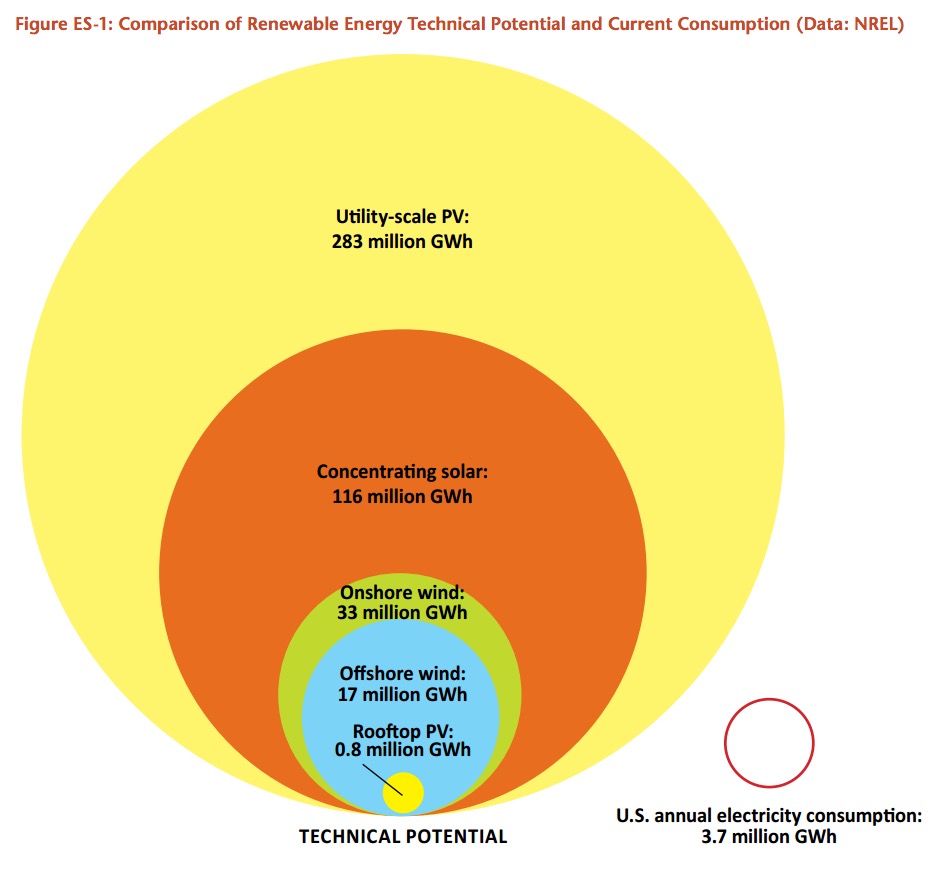
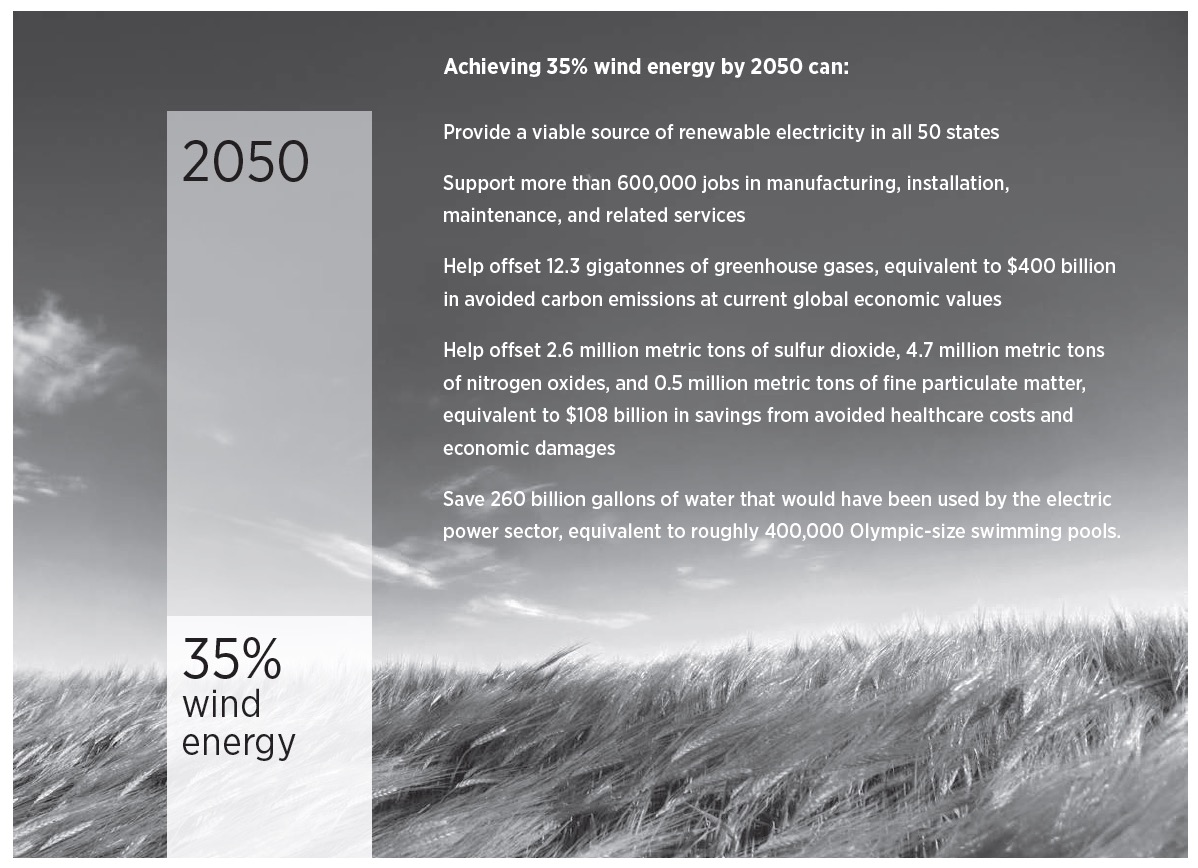
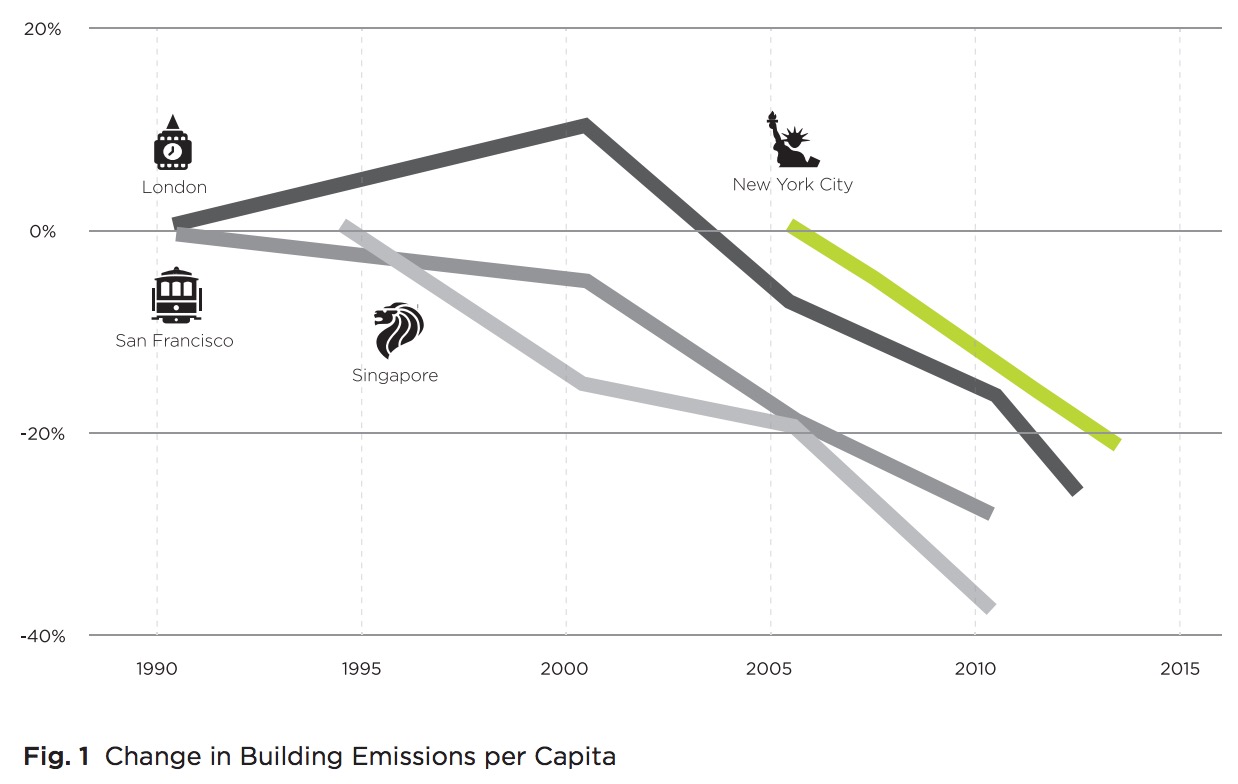

 RSS Feed
RSS Feed